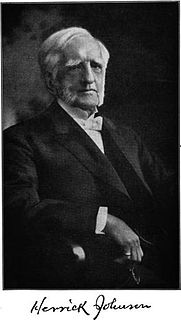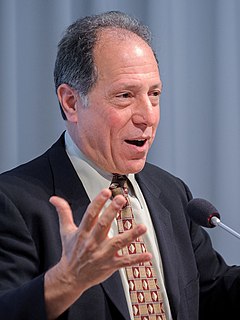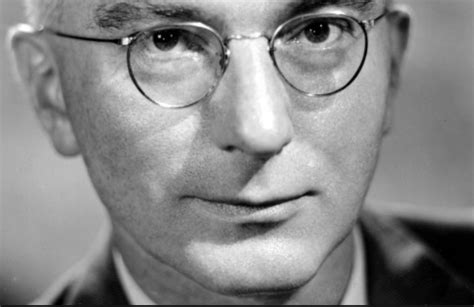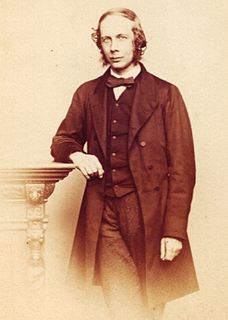A Quote by Derek Walcott
The history of the world - by which, of course, we mean Europe - is a record of intertribal lacerations, of ethnic cleansings.
Quote Topics
Related Quotes
Here is Christianity. Whence came it? It is a force in the world, a prodigious force. It has revolutionized society. It has lifted man out of himself. It has changed the face of the world. There it lies, imbedded in more than eighteen centuries of human history; and history of no mean sort, the best record of the race.
As you look back in history, we [the United States] have done wonderful things, the Marshal Plan is the most obvious. After World War II, we spent billions of dollars to rebuild Europe or at least part of Europe after the devastation of World War II. We did it out of charity, but we also did it to keep the Russians from getting deeply into Europe.
World War Two was a world war in space. It spread from Europe to Japan, to the Soviet Union, etc. World War Two was quite different from World War One which was geographically limited to Europe. But in the case of the Gulf War, we are dealing with a war which is extremely local in space, but global in time, since it is the first 'live' war.
An EU without Britain, without 1 of Europe's strongest powers, a country which in many ways invented the single market, and which brings real heft to Europe's influence on the world stage which plays by the rules and which is a force for liberal economic reform would be a very different kind of European Union.






































